SUMMARY
This is AI generated summarization, which may have errors. For context, always refer to the full article.
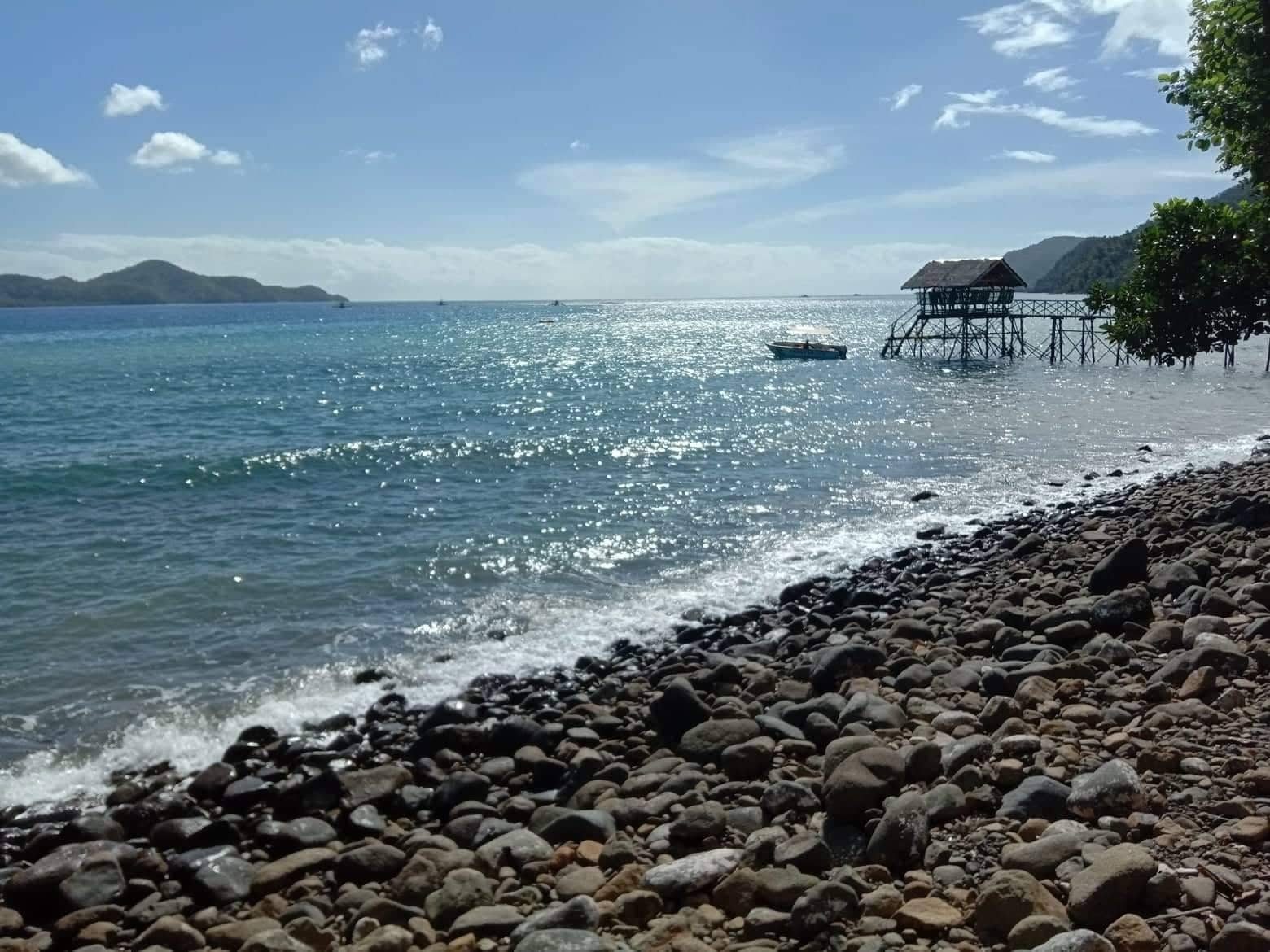
DAVAO ORIENTAL, Philippines – The state-owned Davao Oriental State University (DOrSU) downplayed its research study that confirmed the declining marine diversity due to levels of pollution in the world-renowned Pujada Bay, saying the bay’s waters remained generally clean.
“This State University affirms Pujada Bay as one of the Most Beautiful Bays in the World,” read a statement released by DOrSU.
Dr. Lea Jimenez, DOrSU director of the Regional Integrated Coastal Resource Management Center (RIC-XI), said, “Pujada Bay is still pristine despite the identified vulnerable areas.”
The bay has been declared among the “world’s most beautiful bays” by a European-based association of environmentalists.
But the university said concerned government offices may want to “take necessary measures and mitigation” on the vulnerable areas of the bay.
The vulnerable places include areas for industries, commercial fishing boats, and Bigue – an area in the Balite Bay – where siltation is evident.
Balite Bay is part of the larger protected area of Pujada Bay.
The DOrSU explained that researchers found high levels of E.coli in three of eight areas where the research group set up sampling stations.
The other stations were located in a residential and partly commercial area, a marine culture area, Barangay Catmonan, a place between Pujada and Waniban Island, and a local tourism hub that hosts beach resorts.
As a whole, DOrSU said the “concentration of E.coli is still within the allowable level for coastal waters of 70 MPN/100 (70 most probable number per 100 milliliters)” based on standards set by the Department of Environment and Natural Resources (DENR).
“Generally, the detected E.coli is still within the tolerable limit,” the university said.
DOrSU, however, recommended the close monitoring of the bay, particularly the activities in the areas where the stations were set up “to arrest any possible increase of contamination.”
But an earlier DOrSU study, “Nutrient Mapping of Pujada Bay,” has confirmed the bay’s “reduced productivity and declining marine life diversity” as a result of increased nitrates and sulfates.
The study also stated that “Pujada Bay is at risk to eutrophication due to enrichment of nitrates and sulfates which values exceed the standard quality for coastal waters.”
The study added, “There is high TDS (total dissolved solids) and low bicarbonates indicating reduced productivity and declining marine life diversity.”
Eutrophication happens when a body of water has excessive nutrients due to runoff from the land, resulting in a dense growth of plant life and animal deaths because of a lack of oxygen. It results in harmful algal blooms, dead zones, and fish kills.
The study said that “disease-causing microorganisms like the Escherichia coli was (sic) found to be higher than the standard of <1.1 MPN on declared protected areas.”
Researchers found that rain has been delivering large volumes of water to the coastline, including eroded soil and debris from the surrounding landscape.
“These sediments may have been contaminated with pollutants that flow directly from industrial and municipal waste canals, while others come from polluted runoff in urban and agricultural areas. It may contain pesticides, fertilizers, and toxic materials which can damage or even kill the organisms within the marine ecosystem,” read part of the study.
Researchers have stressed the “need to revisit the management policy of Pujada Bay,” regulate activities in its surrounding areas, and strictly monitor and implement interventions “in order to arrest the declining water quality.” – Rappler.com
Add a comment
How does this make you feel?

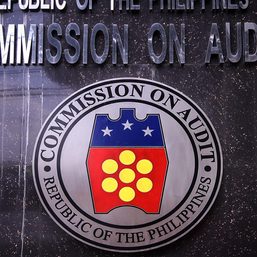


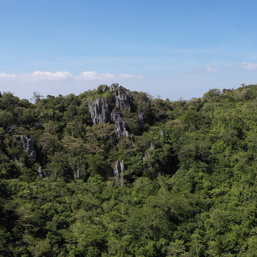

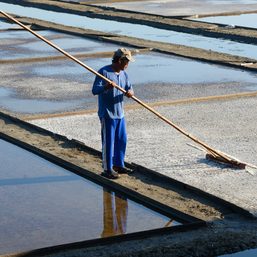


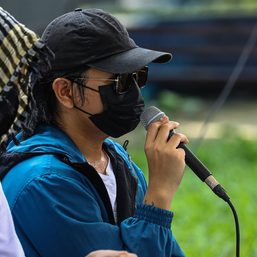
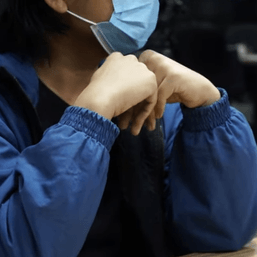

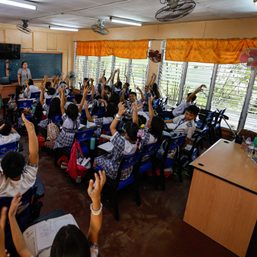

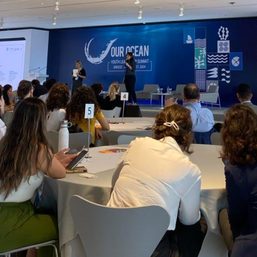
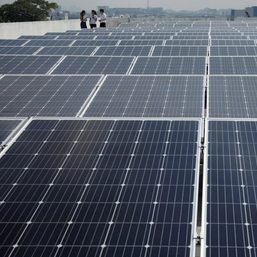
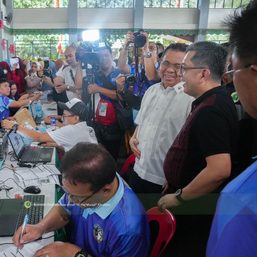
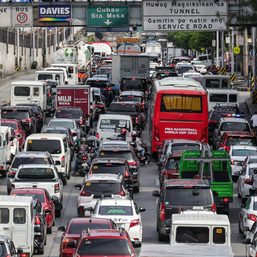
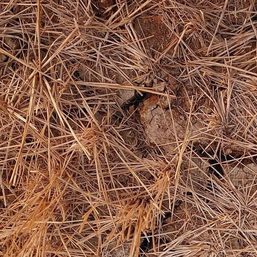
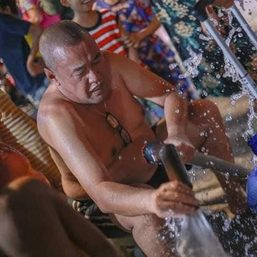
There are no comments yet. Add your comment to start the conversation.